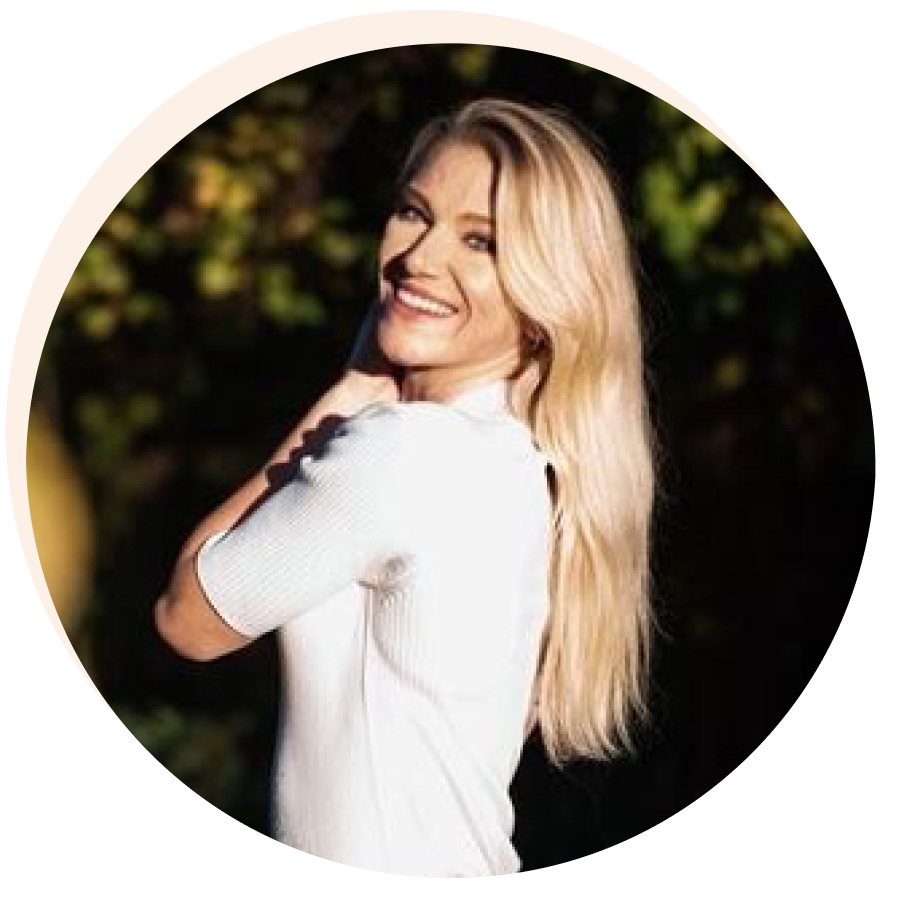![[Translate to Englisch:] Porträtfoto Tanja von Bodelschwingh](/fileadmin/user_upload/Geschichten/Geschichten-internal_profile_Tanja_v_Bodelschwingh.png)
Tanja von Bodelschwingh
Counsellor at the Sexual Abuse Help Line
Together we can escape the whirl of thoughts
It takes courage to talk about sexualised violence. But making a call helps – Tanja von Bodelschwingh is convinced of that. A conversation about her work for the Sexual Abuse Help Line.
About Tanja von Bodelschwingh
Tanja von Bodelschwingh is a social education worker, and she has been working for the Kiel-based N.I.N.A. association for 15 years. She she has been advising people on the subject of sexualised violence over the phone and has been supporting the nationwide help line since 2015.
Ms von Bodelschwingh, what happens when you call the help line? What can you expect?
For many people who call us, this is the first time they are talking to someone about this issue. They will have mustered up all their courage and are often very nervous. That's why we first of all just listen and give the caller the space to talk. Usually, a lot of questions come up right at the beginning: "How do I recognise sexual abuse?" "What are the consequences?" "Do I need to go to the police?" "Can I get help near me?". We answer all of these questions whenever possible. This alone is a great help for many people, it offers guidance and breaks down insecurities.
And then what happens?
Then we go through the situation together. This includes asking some questions to make sure we understand everything and are able to give good advice. It is important that the caller only tells us what they want to speak about. We don't pry. Based on the information we are given, we provide an initial professional assessment – to the extent that this is possible over the phone. It is essential that we discuss the possible next steps with the caller and build a bridge to the professional counselling centres and other contact persons and institutions nearby who can offer support.
Who do I talk to when I call the help line?
You talk to educationally and psychologically trained professionals. All the advisors are very knowledgeable in this area. They also have a lot of experience in advising and supporting people who are affected themselves, or are confronted with the topic as family members and helpers.
Such a sensitive and personal topic always needs courage. But I do believe that making a call helps. It is a first step, a first "mustering up the courage". And that alone often makes all subsequent steps much easier.
Who are the people who call you?
Many different people, regardless of gender or age or in what way they have been involved with this topic. And that's exactly what we want: Our service is specifically aimed at anyone who has questions and uncertainties when it comes to sexualised violence against children and adolescents. This can be a neighbour who feels that something is not quite right and or feels suspicious about something, or an 80-year-old woman who wants to talk about sexualised violence she experienced as a child or young woman for the first time. In other words, we get calls from the victims themselves and people who want to help. The telephone calls are designed to provide stability and relief, but also to specifically talk about questions of prevention and intervention. We are particularly often approached by people who are very concerned about a child who is or is suspected to be the victim of abuse. They don't know what they can do to protect the child, or they just want to talk to someone about the situation. This is one of the ways calling the help line can be useful. And people who don't like making phone calls can write to us instead.
How do you make sure that the calls are confidential?
We do not see the caller's number and have no way of finding it out. We only know what the people tell us. People do not have to tell us their name or where they live, and we don't ask them. To look for help near where the caller lives, all we then need is the general region or their postcode. And the content of the call itself is of course also confidential. This also means that we do not pass on information to anyone, such as the youth welfare office or the police. Given the sensitive nature of this subject matter, this is very important so that people have the courage to call us.
What advice would you give to people who have observed something that might be a sign of sexual abuse taking place?
They should definitely act on this suspicion, or if something doesn't quite fell right, because if not, nothing can be done about it. A person who has observed something or is concerned does not need to feel that they're alone. It is important to talk about this with someone who knows the subject well. If something happens that reinforces their suspicion, then it's important to carefully consider how to proceed from there. This can vary greatly depending on the individual case. Often people ignore sexual abuse and look past it because they're not sure. People have all kinds of worries: "What if I'm wrong and I accuse an innocent person?". We also discuss this during the call.
Why is there so much pressure and how can it be reduced?
There are so many misconceptions people have when it comes to sexual violence. This creates a lot of uncertainty. We can help people and offer information. It is also important that we explain to the caller what their role is and what they should do. This may sound strange at first: But a teacher, for example, who believes she has to uncover and put a stop to suspected abuse all by herself may prefer to look the other way. This puts her under a lot of pressure. During our conversation we can help her escape this whirl of thoughts and together discuss what she should do, in the case of the teacher for example, and when she should delegate her responsibility.
How much courage does it take to call you, and why is it a good idea to muster up this courage?
Such a sensitive and personal topic always needs courage. But I do believe that making a call helps. It is a first step, a first "mustering up the courage". And that alone often makes all subsequent steps much easier.
Would you like to find out more about giving advice? You can find more information in the "Useful help“ section.
Give us a call – even if you're unsure
Talk to the advisors of the Sexual Abuse Help Line. Your call is anonymous and free of charge.
Telephone hours:
Mon, Wed, Fri: 9 a.m. to 2 p.m.
Tues, Thurs: 3 p.m. to 8 p.m.
This offer is not available in English
If you need advice, please contact the Sexual Abuse Helpline (0800 22 55 530). Telephone advice is also available in English.



![[Translate to Englisch:] Porträtfoto Lisa Fahrig](/fileadmin/user_upload/Geschichten/Slider/Geschichten-slider__Lisa_Fahrig-1.png)

![[Translate to Englisch:] Porträtfoto Tanja von Bodelschwingh](/fileadmin/user_upload/Geschichten/Slider/Geschichten-slider_Tanja_v_Bodelschwingh.png)
![[Translate to Englisch:] Porträtfoto Barbara Kavemann](/fileadmin/user_upload/Geschichten/Slider/Geschichten-slider_Barbara-Kavemann.png)
![[Translate to Englisch:] Porträtfoto Max Ciolek](/fileadmin/user_upload/Geschichten/Slider/Geschichten-slider_Max_Ciolek.png)
![[Translate to Englisch:] Porträtfoto Petra Ladenburger](/fileadmin/user_upload/Geschichten/Slider/Geschichten-slider_Ladenburger.png)
![[Translate to Englisch:] Porträtfoto Pia Witthöft](/fileadmin/user_upload/Geschichten/Slider/Geschichten-slider_Pia-Witthoeft2.png)